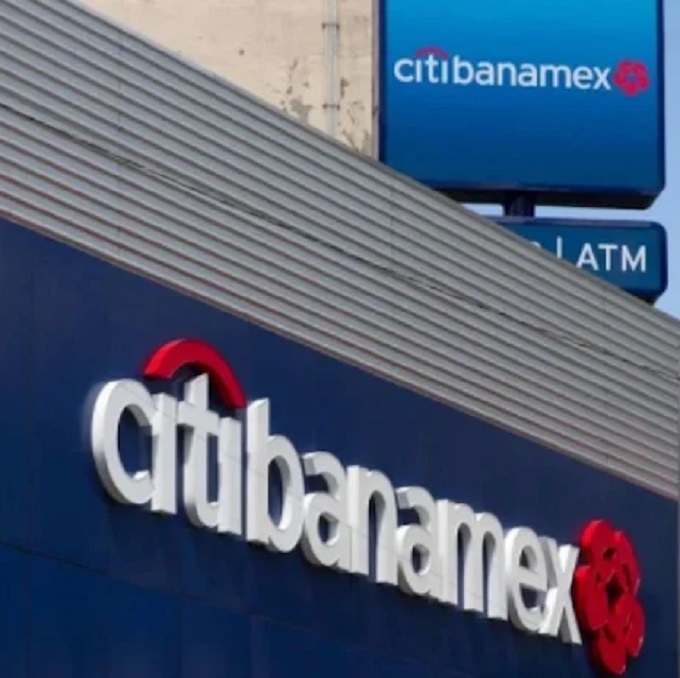On Friday, May 26th, Mexican President Andres Manuel Lopez Obrador said the government could acquire up to half of the Mexican unit of Citigroup after the U.S. bank announced plans this week to pursue an initial public offering of the business.
Citi said Wednesday it was abandoning earlier plans for a sale of its Mexican unit, known as Banamex, for an IPO, prompting Lopez Obrador to announce that the government could invest in the business and had up to $3 billion to do so.
The president, who said the government had expected to earn around $2 billion in taxes from the estimated $7 billion sale of Banamex, returned on Friday to the possibility of taking a large stake alongside Mexican shareholders.
“If the government puts up half, or $3 billion, that leaves $2 billion for Mexican shareholders of all levels,” he said during a regular press conference. “It would pay off,” he added, pointing to Banamex’s annual profits.
The comments followed comments from the Mexican government shortly before the IPO plan was announced that it was studying the possibility of acquiring a “majority of (Banamex’s) shares…through the creation of a public-private association.”
The president did not clarify Friday how the government would aquire its stake, but underlined Citi would have to pay tax on a public offering, noting: “The Mexican government is always going to have the right to determine the conditions.”
It is unclear what tax bill Citi could actually face. The sale had appeared primed to realise a loss, as Citi bought Banamex in the early 2000s for $12.5 billion.
Lopez Obrador also talked up the utility of having a state-owned bank, and mentioned the Banco de Bienestar (Welfare Bank), a government-run body which helps process welfare payments and has over 2,000 physical branches, according to official data.
A bank could allow the government to receive, collect, and disperse funds, he noted, and floated the idea of the Banco de Bienestar having a “digital platform”, without elaborating.
TYT Newsroom


